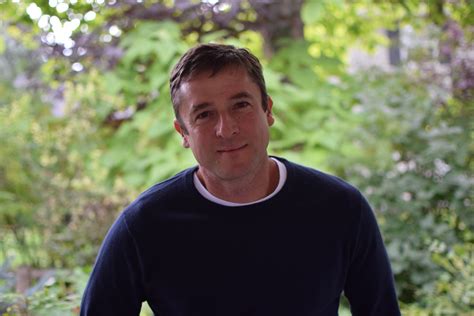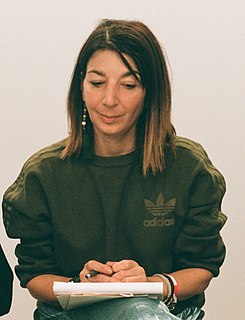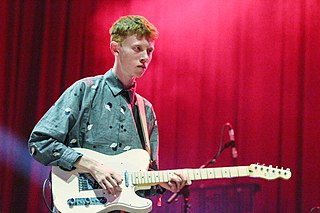A Quote by Sam Hamill
Galway Kinnell came out with that wonderful big, breathy, hollow voice of his and read, for the first time in public, "The Bear." That poem impressed me so much that I memorized it. I used it for years when I taught in prisons. It's a powerful extended metaphor for what the writing life is really all about. It's a uniquely powerful poem about self-transformation, and that's what we're asking, really, beyond even our objection to the war. We're asking people to look at themselves and think about what might be possible with a little self-transformation.
Quote Topics
About
Asking
Bear
Beyond
Big
Came
Even
Extended
First
First Time
His
Hollow
Impressed
Life
Life Is
Little
Look
Me
Metaphor
Might
Much
Objection
Our
Out
People
Poem
Possible
Powerful
Prisons
Public
Read
Really
Self
Taught
Themselves
Think
Time
Transformation
Uniquely
Used
Voice
War
Wonderful
Writing
Writing Life
Years
Related Quotes
One of the things I love about translation is it obliterates the self. When I'm trying to figure out what Tu Fu has to say, I have to kind of impersonate Tu Fu. I have to take on, if you will, his voice and his skin in English, and I have to try to get as deeply into the poem as possible. I'm not trying to make an equivalent poem in English, which can't be done because our language can't accommodate the kind of metaphors within metaphors the Chinese written language can, and often does, contain.
When, about fifteen years ago, I walked into Arshile's studio for the first time, the atmosphere was so beautiful that I got a little dizzy and when I came to, I was bright enough to take the hint immediately. If the bookkeepers think it necessary to make sure of where things and people came from, well then, I came from 36 Union Square. I am glad that it is about impossible to get away from his powerful influence.
I think the role of the artist today is about being provocative. I don't mean shocking, but you have to provoke people into action. As an artist, you ask people for their time. It's the most precious thing anyone has. I'm asking audiences to come to my work and spend some time with it. What I'm really doing, of course, is asking people to take time for themselves.
In every moment, we make a choice about which direction we are going to go. Once we realize that this is a self-correcting and self-organizing universe, then we don't have to look any further than our own life circumstances, the relationships and situations that we are in, to begin the transformation.
People I know who succeed don't mind working. Those who are competent seem to like doing things well -- not stopping because they haven't accomplished what they wanted to on the first go-round. They're willing to do it twenty times, if necessary. There's an illusion that the good people can easily do something, and it's not necessarily true. They're just determined to do it right. I was impressed by hearing one of the women at Radcliffe talk about writing a poem, how many revisions a single poem sometimes has to go through -- fifty or sixty revisions to come out with a poem sixteen lines long.
'Storm Warnings' is a poem about powerlessness - about a force so much greater than our human powers that while it can be measured and even predicted, it is beyond human control. All 'we' can do is create an interior space against the storm, an enclave of self-protection, though the winds of change till penetrate keyholes and 'unsealed apertures.'
It's difficult to put your own bare ass out on the limb every time you sit down to write a poem. But that's really sort of the ideal. Because if we don't discover something about ourselves and our world in the making of a poem, chances are it's not going to be a very good poem. So what I'm saying is that a lot of our best poets could be better poets if they wrote less and risked more in what they do.
If you don't put the spiritual and religious dimension into our political conversation, you won't be asking the really big and important question. If you don't bring in values and religion, you'll be asking superficial questions. What is life all about? What is our relationship to God? These are the important questions. What is our obligation to one another and community? If we don't ask those questions, the residual questions that we're asking aren't as interesting.





































